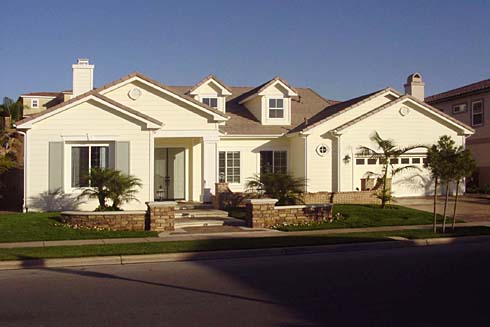ACCESSION
Understanding Accession in Real Estate
In the realm of real estate, the concept of accession holds significant importance, particularly when it comes to property rights and ownership. Accession refers to the legal principle that governs the acquisition of property through the addition or improvement of existing property. This concept plays a pivotal role in various real estate transactions and has implications for both property owners and buyers.
What is Accession in Real Estate?
Definition
Accession in real estate pertains to the process by which a person gains ownership of additions or improvements made to their property, either intentionally or unintentionally, by themselves or others.
Types of Accession
Intentional Accession:
This occurs when a property owner deliberately makes improvements or additions to their property, thereby enhancing its value.
Unintentional Accession:
In contrast, unintentional accession occurs when improvements or additions are made without the express consent of the property owner, often leading to questions of ownership and compensation.
Examples of Accession in Real Estate
Property Improvements
Property Improvements
A common example of accession is when a homeowner constructs a new building, adds a room, or installs fixtures that become permanent parts of the property. In such cases, the homeowner gains ownership of these improvements through the principle of accession.
Boundary Disputes
Accession also comes into play in boundary disputes, especially when improvements made on one property inadvertently encroach upon another. Resolving such disputes involves considerations of accession and the rights of the affected parties.
Tenant Improvements
In a rental property scenario, when a tenant makes substantial improvements to the leased space, questions regarding accession may arise. These improvements can become part of the property, potentially altering the rights and obligations of both the tenant and the landlord.
Legal Implications of Accession
Ownership Rights
Accession impacts ownership rights by defining who has legal claim to improvements or additions made to a property. It establishes the rights of the original property owner and those who have contributed to the enhancements.
Compensation and Damages
In cases of unintentional accession, where improvements are made without the property owner's consent, legal proceedings may involve discussions of compensation for the enhancements or damages caused by the unauthorized alterations.
Contractual Agreements
Accession is often addressed in contractual agreements, especially in real estate transactions and property development projects. Clear provisions regarding accession can help prevent disputes and clarify ownership rights.
Conclusion
In the intricate landscape of real estate, the concept of accession serves as a fundamental principle that underpins property ownership and rights. Whether through deliberate property enhancements or inadvertent alterations, accession shapes the legal framework governing real estate transactions and property disputes. Understanding the implications of accession is crucial for property owners, buyers, tenants, and real estate professionals, as it directly influences the determination of ownership and the resolution of property-related conflicts.
MORE REAL ESTATE TERMS
A, B, C, D, E, F, G, H, I, J, K, L, M, N, O, P, Q, R, S, T, U, V, W, X, Y, Z
Featured New Home

Featured Mortgage Brokers
- EMBRACE HOME LOANS INC, MIDDLETOWN, RI
25 ENTERPRISE CTR
MIDDLETOWN, RI 2842 - MOVEMENT MORTGAGE LLC, RICHMOND, VA
5014 MONUMENT AVE
RICHMOND, VA 23230 - Ross Mortgage Corporation, mortgage broker in Royal Oak, MI
27862 Woodward Avenue
Royal Oak, MI 48067 - BANK OF ENGLAND, OLD SAYBROOK, CT
44 POND RD
OLD SAYBROOK, CT 6475 - PRIMELENDING A PLAINSCAPITAL COMPANY, HIBBING, MN
2900 E BELTLINE STE 5
HIBBING, MN 55746